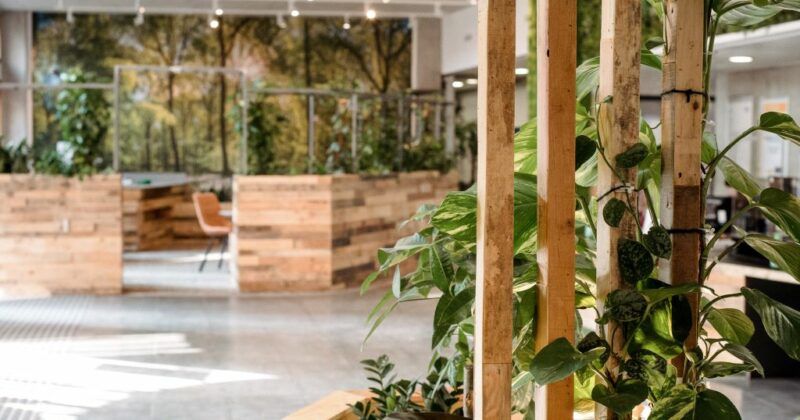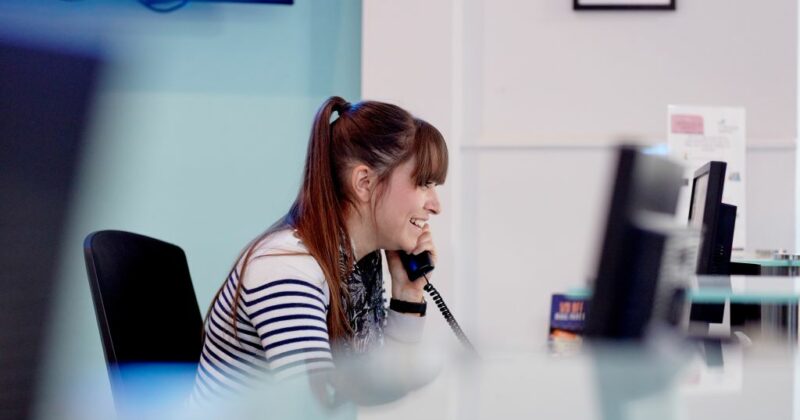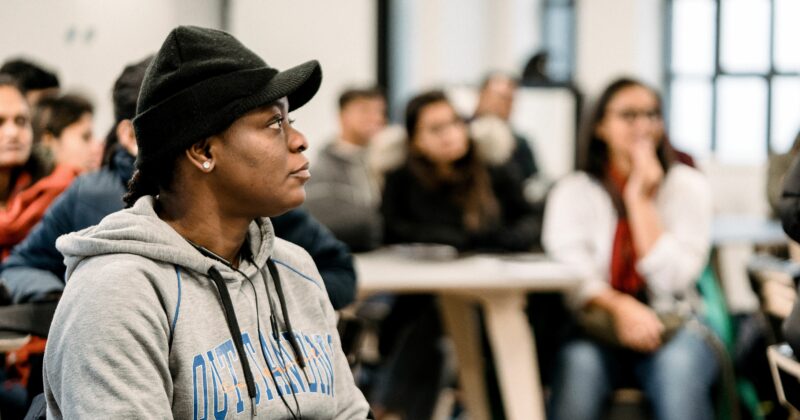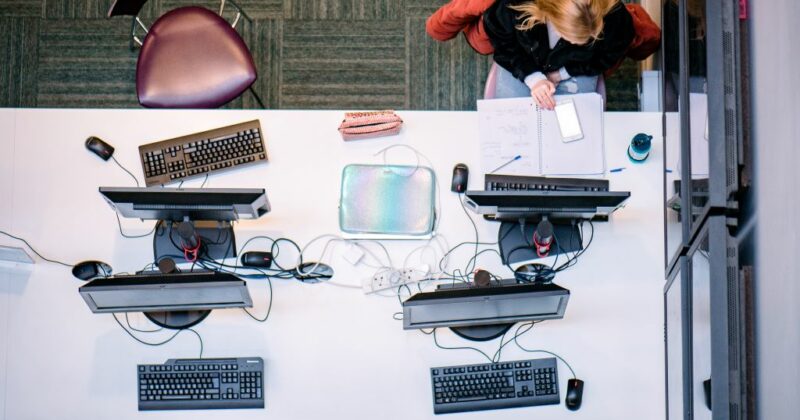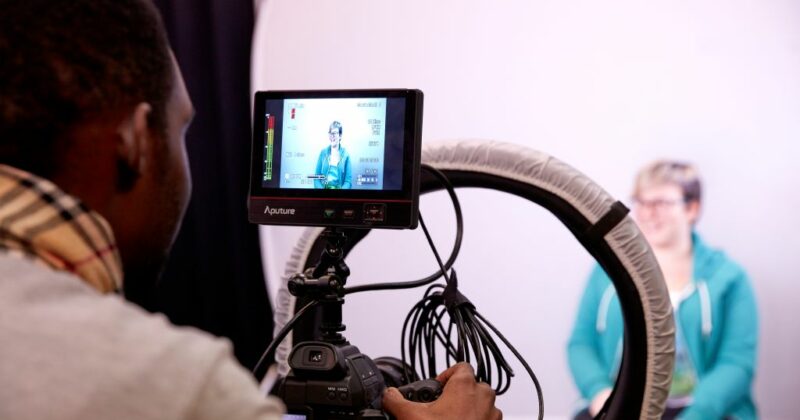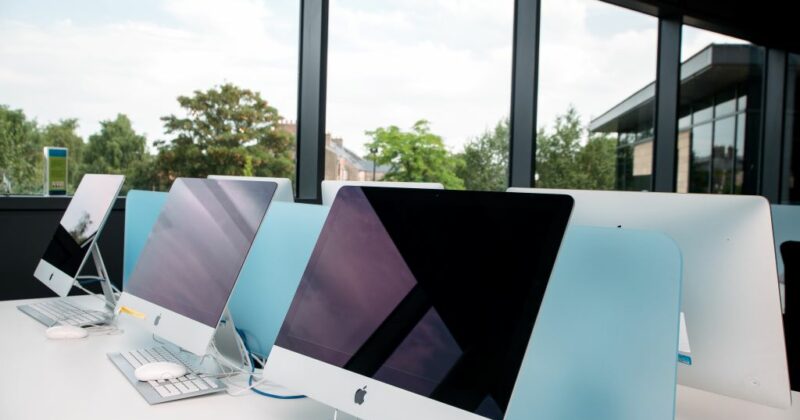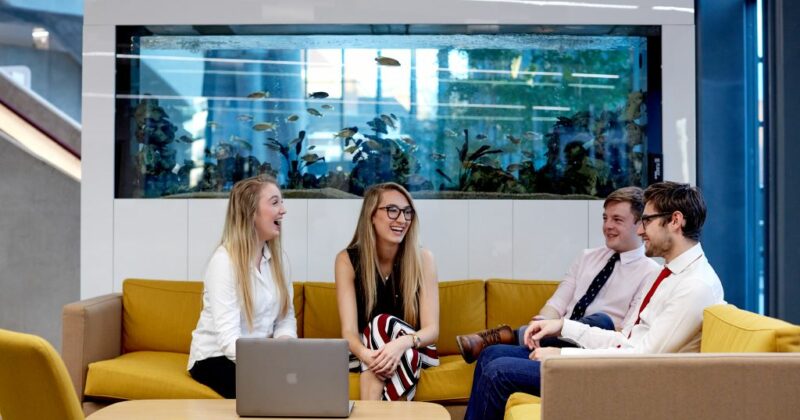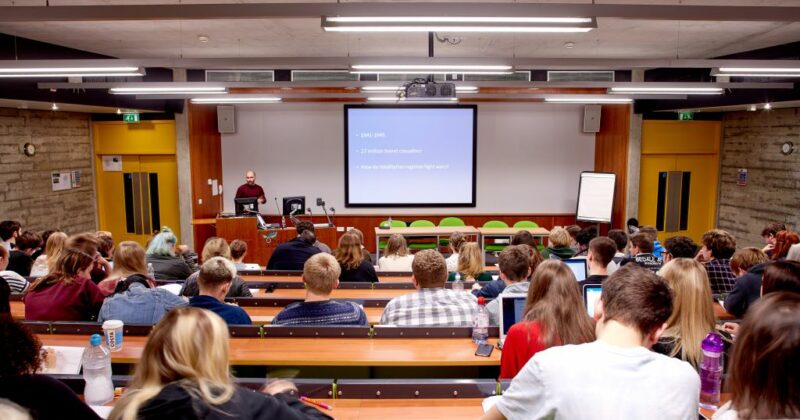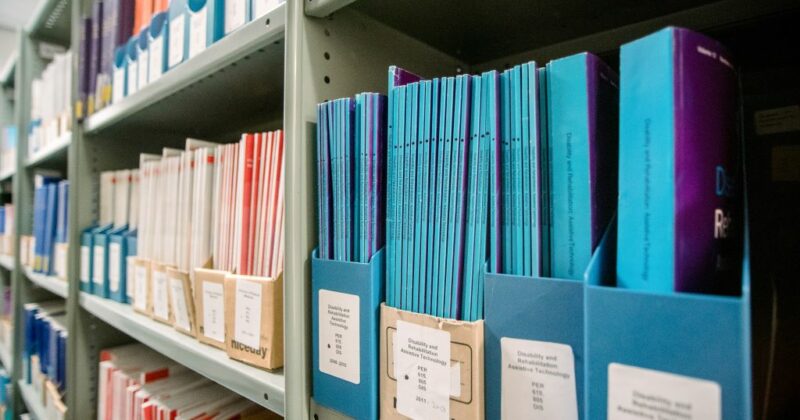
Publishing in academic journals
Facilitator: Professor Andy Hill
RDF Indicator: D2
Session Overview:
This session will provide insight into the process of publishing research in peer-review journals from the perspective of the author, reviewer, and editor. As a consequence, attendees will be better prepared for the trials and tribulations of publishing their own research. It will be delivered by Professor Andrew Hill who is an associate editor, editorial board member, and author for various leading academic journals.
Learning Outcomes:
A better understanding of the publication process, common errors and handy hints
How to be a more successful author
This session takes place in HG136
To book a place via Eventbrite Publishing in academic journals Tickets...
